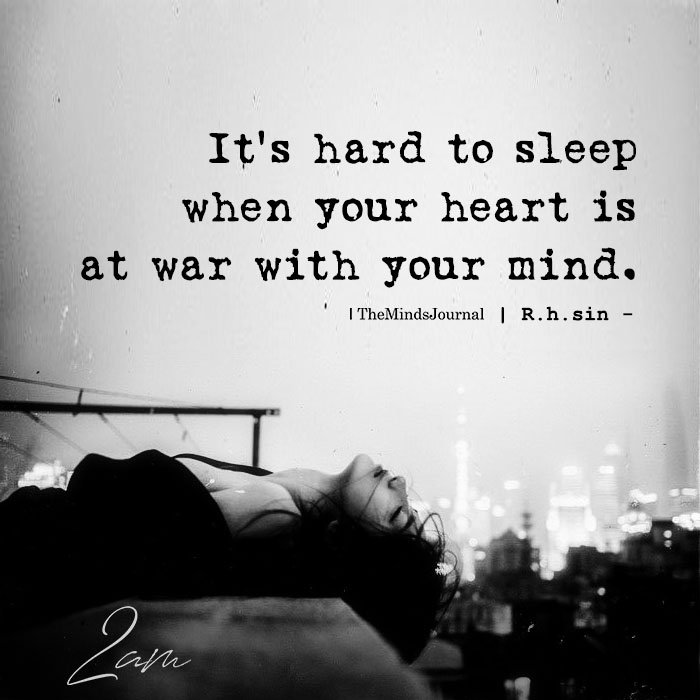Ever found yourself zoning out for a split second, only to jolt back awake? Curious about what exactly happens during these moments? Let’s explore what is microsleep and how to deal with it!
Most of us have often experienced a momentary lapse of consciousness, where our head begins to nod and your eyelids feel impossibly heavy. It’s that fleeting moment when you feel like you’ve suddenly dozed off, only to snap back to wakefulness, startled and confused. If you’ve ever encountered this bizarre phenomenon, you might have just experienced a microsleep.
In this fast-paced world that demands our attention and productivity, it’s crucial to understand the concept of microsleep, its symptoms, causes, and most importantly, how to deal with it effectively.
So, let’s delve into this intriguing subject that affects countless individuals, and discover the secrets to staying awake and alert.
What is Microsleep?
Microsleep is a brief episode of sleep that can last from a fraction of a second up to a few minutes. It occurs involuntarily and can happen at any time, regardless of what you’re doing.
Also known as micro napping, it refers to short sleep periods that typically last for a few seconds, instead of hours or minutes. Researchers explain that “Microsleeps are brief episodes of arousal level decrease manifested through behavioral signs.”
Imagine yourself driving home after a long day at work, and suddenly, you find yourself at a crossroad, unable to recall the last few moments. That’s microsleep in action, and it can be incredibly dangerous, especially in situations where vigilance is paramount.
Related: 13 Terrifying Health Effects of Sleep Deprivation

5 Microsleep Symptoms That You Must Know About
Identifying microsleep symptoms is crucial for recognizing and addressing this potentially hazardous condition. Here are some common signs to watch out for:
1. Heavy eyelids
You may struggle to keep your eyes open, leading to frequent blinking or prolonged periods of closed eyes.
2. Nodding off
Your head may involuntarily drop, and you might find yourself jolting awake as a result.
3. Loss of focus
Difficulty concentrating on tasks, impaired memory, and reduced ability to process information may occur during microsleep episodes.
4. Slowed reaction time
You may experience delayed reflexes, making it dangerous in situations that require quick responses, such as driving or operating machinery.
5. Daydreaming
Your mind may wander off, and you may find yourself lost in thought, unaware of your surroundings.
Microsleep Causes: 5 Contributing Factors
Now that we understand the microsleep symptoms, let’s explore the underlying microsleep causes –
1. Sleep deprivation
Lack of sufficient sleep is one of the leading causes of microsleep. When we consistently fail to get the recommended 7-9 hours of sleep, our bodies will inevitably demand rest, resulting in microsleep episodes.
2. Circadian rhythm disruptions
Irregular sleep schedules or frequent shift rotations can disrupt our body’s internal clock, leading to excessive drowsiness and increased susceptibility to microsleep.
3. Sleep disorders
Conditions like sleep apnea, narcolepsy, and insomnia can significantly increase the likelihood of experiencing microsleep episodes due to disturbed sleep patterns.

4. Monotonous activities
Engaging in repetitive and unstimulating tasks, such as long highway drives or attending monotonous lectures, can trigger microsleep as the brain struggles to maintain focus.
Related: Overthinking Before Sleep? 8 Ways To Avoid Racing Thoughts At Night And Sleep Better
5. Medications and substances
Certain medications, such as tranquilizers and antihistamines, can induce drowsiness, making microsleep more likely. Similarly, alcohol and drug use can impair cognitive function and increase the risk of microsleep.
How to Deal with Microsleep
Now that we know “what is microsleep?”, let us focus on how to cope with it. Fortunately, there are several effective strategies to combat microsleep and remain alert and focused. Consider implementing the following techniques into your daily routine:
1. Prioritize quality sleep
Establish a consistent sleep schedule and create a conducive sleep environment that is cool, dark, and quiet. Make sleep a priority in your life, ensuring you allocate enough time for rejuvenation.
2. Take regular breaks
When engaging in prolonged activities that require concentration, take frequent short breaks. Stretch your legs, move around, or engage in a quick conversation to stimulate your mind and combat drowsiness.
3. Practice good sleep hygiene
Avoid consuming caffeine or heavy meals close to bedtime, as these can disrupt sleep patterns. Additionally, limit exposure to electronic devices before bed, as the blue light emitted can interfere with your ability to fall asleep.
4. Stay physically active
Regular exercise promotes better sleep quality and can help combat daytime sleepiness. Aim for at least 30 minutes of moderate-intensity exercise most days of the week.
5. Utilize strategic napping
If possible, take short power naps of around 20 minutes during the day to combat fatigue. However, be cautious not to nap too close to bedtime, as it may interfere with your nighttime rest.
6. Seek medical advice when necessary
If you suspect an underlying sleep disorder or find it challenging to manage microsleep on your own, consult a healthcare professional. They can provide valuable insights and recommend appropriate treatments tailored to your needs.

Takeaway
Microsleep is a sneaky intruder that can compromise our safety and productivity. By understanding what is microsleep, its symptoms, causes, and implementing effective coping strategies, we can minimize the risk of falling victim to this momentary lapse of consciousness.
Remember, your well-being should always come first. By prioritizing quality sleep, adopting healthy lifestyle habits, and seeking professional help when needed, you can reclaim control over your wakefulness and lead a more alert and fulfilling life.
So, the next time you feel the telltale signs of microsleep creeping in, take a moment to pause, evaluate your sleep habits, and make the necessary adjustments. Stay vigilant, stay awake, and embrace the fullness of each waking moment.
Related: How To Fall Asleep In 2 Minutes: Mastering The Military Sleep Technique
Frequently Asked Questions (FAQs):
What does microsleep feel like?
Microsleep can feel like a sudden loss of awareness, leaving you momentarily disconnected from your surroundings.
Is microsleep good or bad?
Microsleep can be concerning as it can occur at inappropriate times, posing risks, especially when driving or operating machinery.
How to stop micro sleeping?
To prevent microsleep, prioritize adequate sleep, avoid sleep deprivation, and take breaks during monotonous or lengthy tasks.










Leave a Reply